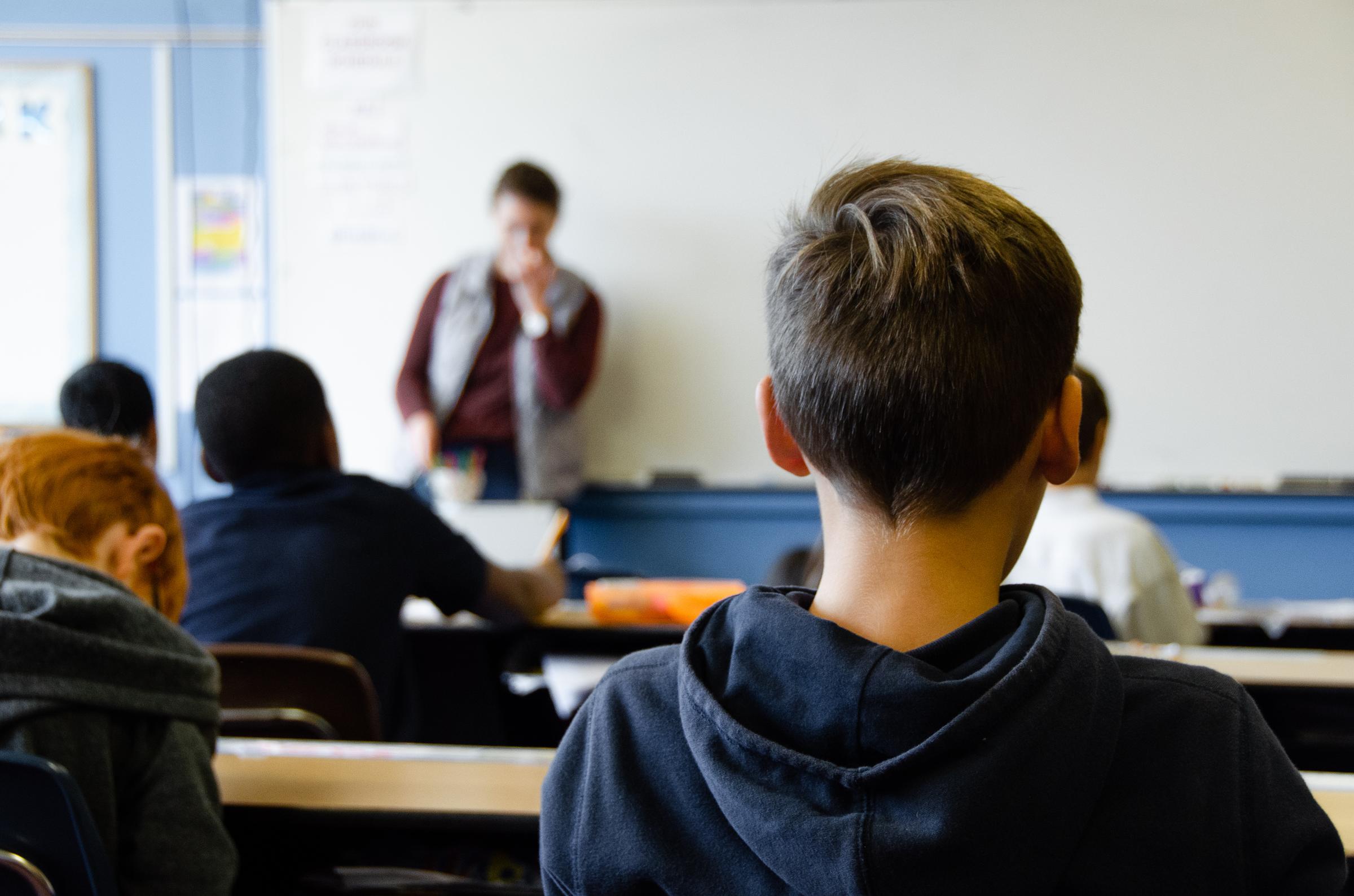Learning Focus

Student Feedback to Teachers and Parents
At NLPS, we want to hear from our students about their opinions and feelings on a range of topics; we don’t want to simply assume we know what they are thinking.
Each year, we conduct various surveys with Year 3-6 students on a range of issues, and teachers spend a lot of time analysing the results, looking at trends etc. and thinking about what we can do in our school setting to help improve students’ wellbeing and experiences according to this data. This year in the ATOSS (Attitude To School Survey) which all Year 4-6 students in the state take part in, and in a Year 3-6 survey as part of the Resilience Project which is a program we are running this year, we noted that a large proportion of our students answered that they don’t feel like they have an adult to talk to about their problems. This was a worry for us, having a trusted adult to talk to is really important for children’s wellbeing. To find out more the school SIT (School Improvement Team) team conducted some focus groups to find out where the problem lies.
We randomly chose small groups of Year 3, 4, 5 and 6 students and sat down together to have a chat. We showed the students the data and asked for their thoughts. The conversations that flowed were very enlightening. As well as giving us some ideas to help with our students’ well-being, it was also an opportunity to reflect on what amazing students we have – articulate, thoughtful and respectful in their interactions with each other.
There were lots of take-aways for us as teachers. Some great suggestions were made by the students, which we are ensuring become or remain non-negotiable parts of our classroom routines, including:
- Spending time getting to know our students at the start of each year – the students really value writing a letter to their new teacher telling them about themselves, so we will make sure that this happens in all classes
- Having a worry box/book in each class where our students can write their problem down and the teacher can set aside time to chat with the student about the problem
- Having a calm corner/ time-out space where students can go when they feel overwhelmed or need a moment
One other theme that came out across most of the groups we talked with was that many of the students feel that the adults (they mentioned both parents and teachers) in their lives are too busy to listen to their problems. We as teachers are definitely busy and running from one thing to another, so this was great feedback to get, so that we can ensure that our students know that even if we are busy, we always have time to listen to them. But this message really resonated with me, not just as a teacher, but as a parent as well. I’ll admit it stopped me in my tracks and made me reflect on just how much listening I actually do as a parent.
I’m sure most families are like mine with so much going on and the stress of daily routine – I work full time, am studying, looking after my 3 kids, have just moved house, have elderly parents and in-laws, seem to be on an endless loop of picking up and dropping my kids off to sports, activities, part time jobs etc. I’m sure there are a million other things that other families can add into this mix which would add up to their own experiences. And keeping on top of all these things and just keeping everyday life running relatively smoothly is all consuming. But until I had the privilege of sitting and listening to the students talk, I hadn’t even considered if I ever stop running around doing things, for long enough to just stop and listen to my kids.
And here is the other thing that really hit home – the students told us that sometimes they just want us to listen, not to come up with a solution. I don’t know about anyone else, but my default is always to jump to ‘let’s fix this problem’ mode, sometimes without fully listening to the problem or thinking that maybe they don’t need me to fix it, they just need me to listen and be empathetic.
The focus groups were very informative and gave the teachers food for thought and some practical things that we can do so our students feel like they can come to us when they have a problem. And I felt it may also be helpful to share some of the thoughts the students had around parents too. The good news is that they do want to talk to us about their problems, we just need to let them know that we have the time to listen.
Carol Martins
Learning Specialist (Inclusive Education)
Literacy Support Teacher
